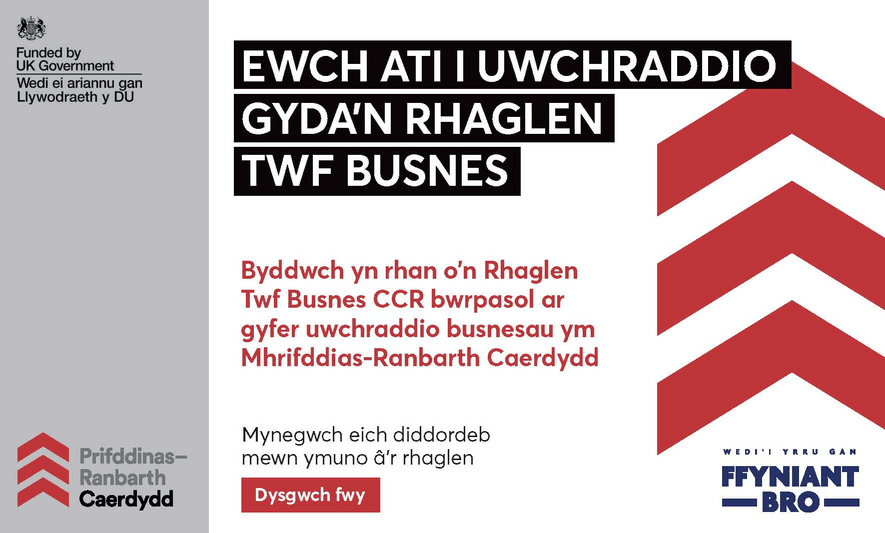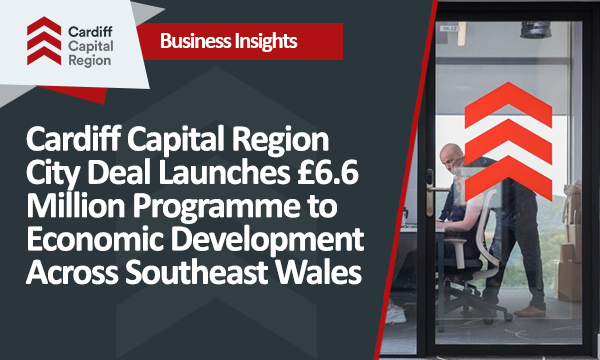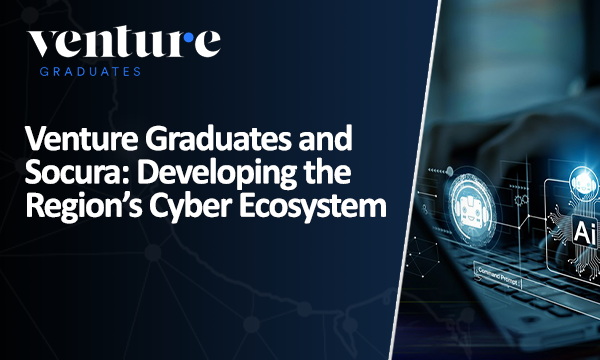
Written by;
Kellie Beirne
Director
Cardiff Capital Region
It’s understandable that at a time when our economy has crashed and businesses are facing extinction, that people are questioning the need to invest local resources on regional initiatives such as the Cardiff Capital Region City Deal.
When our already disadvantaged communities are facing the bleak prospect of the deepest recession in generations, surely local authorities should be concentrating their efforts on helping local people and businesses here and now, rather than investing in projects and programmes whose local benefits are less clear and which may not deliver for some years?
It’s a tempting argument, but it’s wrong. The deep and probably prolonged recession we are facing is precisely the time when a parochial outlook must be avoided.
The City Deal was forged at a time when we had left the 2009 recession behind us, but were still living in a world of austerity. The economy was growing, but regional GVA in south-east Wales was persistently low compared to the rest of the UK. And although some sectors and regions were doing well, there were pockets of chronic deprivation from Cardiff to the valleys.
Local leaders in politics and business recognised that it was time for a new approach, one in which all our local authorities worked together for mutual success. Our region after all has many assets. It has two major cities, many smaller towns and villages, and rural areas that people want to live in and visit. It has a skilled population, and universities and colleges turning out more skilled people every year. It has good transport connections, although improving the connections within the region is one of the key aims of the City Deal. Above all it has innovative and enterprising businesses working in key sunrise industries with deeply embed local supply chains, holding out the prospect of a more prosperous future.
Now, when the economy is once again in trouble – the worse trouble that any of us will be able to remember – it is counterintuitive to suggest that we should turn our backs on regional co-operation and focus on purely local needs. Because how are people in Blaenau Gwent and Torfaen to benefit from developments in Cardiff? Of what use are investments in Monmouthshire to the citizens of Bridgend? And this isn’t anything to do with a blind focus on the ‘spillovers’ of agglomeration economics, but it is about the social and spatial connections between our places and understanding better the things that bind our communities together. The economy is not the end itself. But, it can be a great means for achieving our aspirations for shared prosperity, better life chances and making a difference to the issues that matter most like poverty and inequality.
The answer to the ‘how’ question is because we are actively and deliberately pooling our efforts and resources to make sure that the benefits of the £1.2bn City Deal are felt in every community and locality across the region. Our investment in the Metro will make sure people in Rhondda Cynon Taf, for example, can easily travel to work, come together or study opportunities elsewhere, whether that’s in Cardiff or Merthyr Tydfil. Our Housing, Strategic Premises and Challenge Funds are all focussed on unlocking economic potential and opportunity in every town and community across the region, through a focus on the problems that need to be solved, rather than presuming we can continue to ‘procure’ more of the same.
Crucially, though, the City Deal is not just about short-term benefits. It has always been about looking 20 or 30 years ahead, at what we need to do to ensure our region’s prosperity in the long term. This has become even more important since the lockdown. Because our recovery needs to be sustainable, it needs to equip our people to succeed in a future that will be different to that we could barely imagine even three months ago.
The lockdown has accelerated some of the historical trends that we were already witnessing. Businesses have adopted virtual ways of working and selling overnight, underlining the need for regional investment in digital infrastructure. Fintech has become more important. Medical devices and diagnostics have shown their crucial relevance in a national emergency.
There is renewed interest in local supply chains. The value of some our unsung heroes in the foundational economy, particularly in the care sector, has been reappraised.
Above all, the experience of working from home, of clean air and quiet roads, has shown clearly the benefits of thinking about how we travel. It ties in with our urgent need to tackle the climate emergency, as well as recognising the likely demand of many to carry on working from home and ensuring a better future balance of office-home-local working.
There’s so much work to be done that demands collaboration, between local authorities and between government, business and the third and academic sectors. It was precisely for such collaboration that the City Deal was constructed, and it is the perfect vehicle for it. Now is not the time to be hobbling its work or calling for ‘new’ structures that are devoid of the democratic legitimacy our communities have the right to expect.










